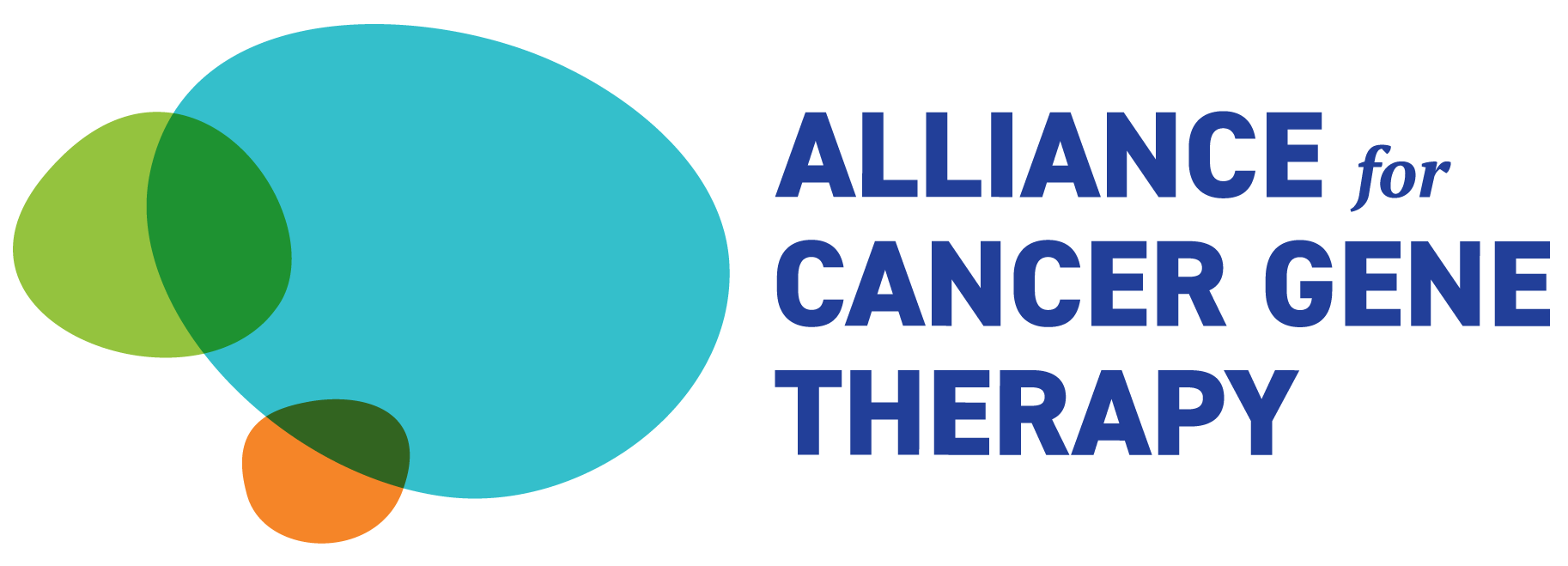
Q&A with ACGT Research Fellow Stephen Gottschalk, MD

Stephen Gottschalk, MD, is using grant funding from ACGT to develop CAR T-cell therapy to treat children with sarcomas. He spoke about the challenges of treating sarcomas, the need for new therapies, and the importance of ACGT.
Alliance for Cancer Gene Therapy (ACGT) is committed to helping scientists create a cancer-free future through the power of
ACGT’s focus is now on funding cell and gene therapy research for solid tumors, such as lung cancer, brain cancer, pancreatic cancer, ovarian cancer and sarcomas. For July, as part of Sarcoma Cancer Awareness Month, ACGT highlighted the foundation’s efforts to advance cell and gene therapies for this group of cancers.
What are a few of the challenges you and other scientists face in advancing new and promising for sarcomas?
Dr Gottschalk: “I think the biggest hurdle is the limited number of biopsy specimens and, in general, the lack of patient samples to analyze and research. For rarer cancers like sarcomas, there are just fewer patients to study whereas if you’re studying the biology of lung cancer, there are hundreds of patients.
Secondly, in a world of limited resources, more research funds are allocated to the most common cancers rather than rare cancers like sarcomas. So we need more dollars directed toward sarcoma research.”
How did you become focused on researching and studying sarcomas? Why not any other type of cancer?
Dr Gottschalk: “When you look within pediatric cancer cases, we’ve made great strides in improving the survival of pediatric leukemia patients. However, there are a few cancer types, like sarcomas, where progress is lacking.
The poor outcomes of sarcomas, especially once they’ve recurred in pediatric patients, has drawn my interest to study them.”
Newsletter
Stay at the forefront of cutting-edge science with CGT—your direct line to expert insights, breakthrough data, and real-time coverage of the latest advancements in cell and gene therapy.















